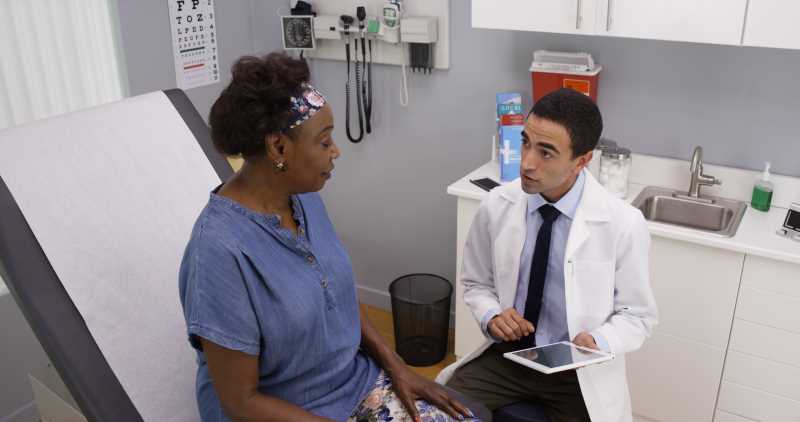
There were no differences in the prevalence of germline pathogenic variants in white women versus Black women with breast cancer, according to a study. The results were published in JAMA Oncology.
Data collection included multicenter, population-based studies in the Cancer Risk Estimates Related to Susceptibility consortium; white and Black patients diagnosed with breast cancer were included, regardless of family history or age at diagnosis. Data collection took place from June 1993 to June 2020 and were analyzed from September 2020 to February 2021. The main outcome was the prevalence of germline pathogenic variants in 12 breast cancer susceptibility genes.
Final analysis included 3,946 Black women with a mean age at diagnosis of 56.5 years, and 25,287 white women with a mean age of 62.7 years at diagnosis. The two groups did not largely differ in the prevalence of the 12 germline pathogenic variants combined (Black women, 5.65%; white women, 5.06%; P=0.12). White women had a higher prevalence of pathogenic variants in CHEK2 than Black women (1.29% vs. 0.38%; P<0.001), but a lower prevalence in BRCA2 (1.80% vs. 1.24%; P=0.05) and PALB2 (1.01% vs. 0.40%; P<0.001). The prevalence of pathogenic variants did not differ in estrogen receptor–negative breast cancer, with the exception of PALB2 being higher in Black women.
When evaluating women aged before 50 years, there were no significant differences overall, with a prevalence of 8.83% for Black women and 10.04% for white women (P=0.25). When looking individually, the only difference was observed in CHEK2.
When adjusting for age at diagnosis, the standardized prevalence ratio of pathogenic variants in white women, compared to Black women, was 1.08 (95% confidence interval, 1.02-1.14), and the prevalence of BRCA2 was no longer statistically significantly different.
“This large population-based case-control study revealed no clinically meaningful differences in the prevalence of pathogenic variants in 12 breast cancer susceptibility genes between Black and non-Hispanic White women with breast cancer. The findings suggest that there is not sufficient evidence to make policy changes related to genetic testing based on race alone. Instead, all efforts should be made to ensure equal access to and uptake of genetic testing to minimize disparities in care and outcomes,” the study authors wrote in their conclusion.







 © 2025 Mashup Media, LLC, a Formedics Property. All Rights Reserved.
© 2025 Mashup Media, LLC, a Formedics Property. All Rights Reserved.